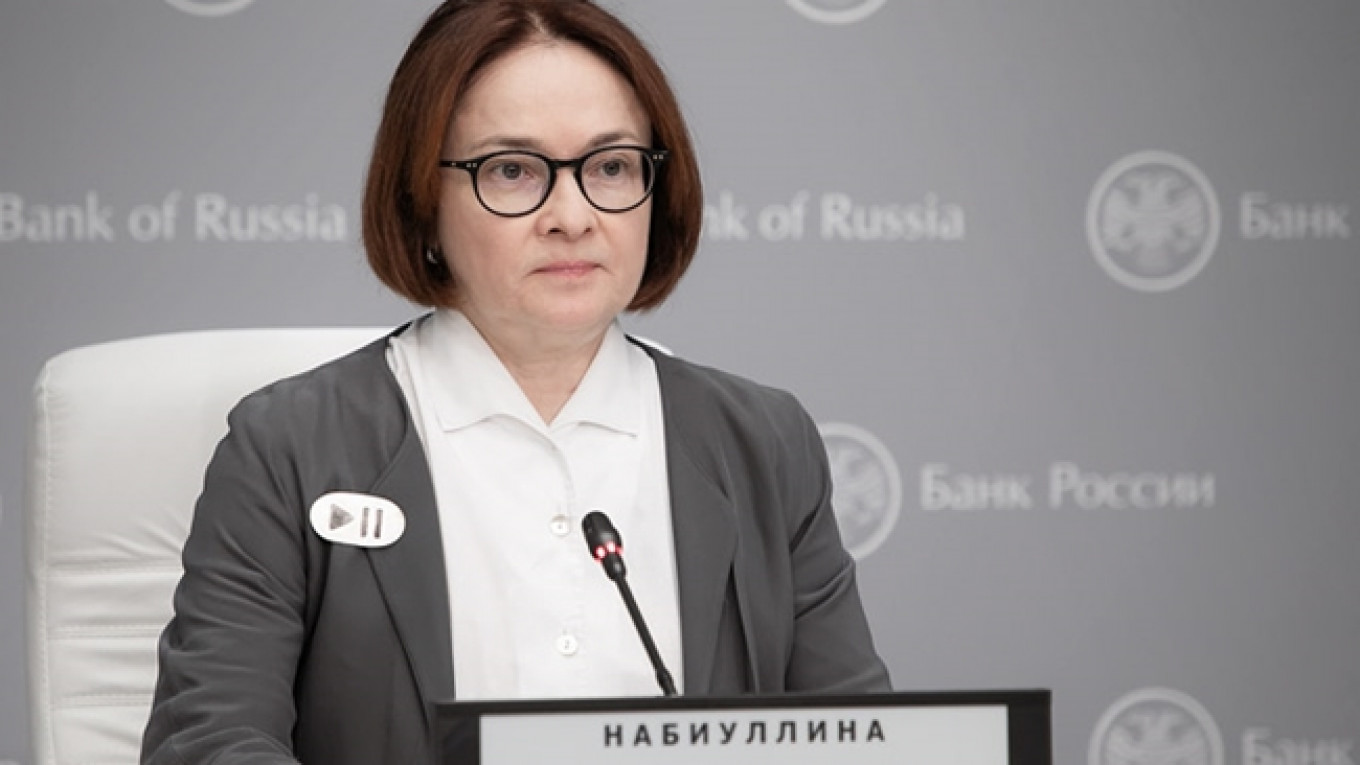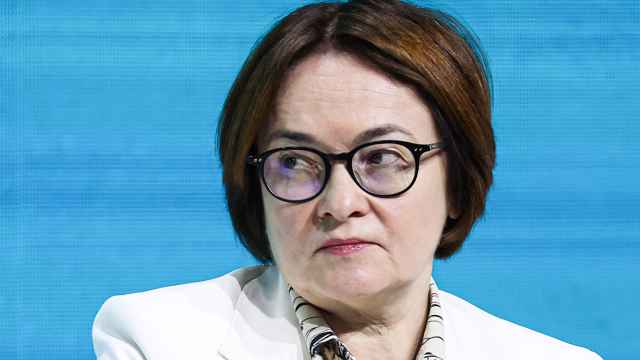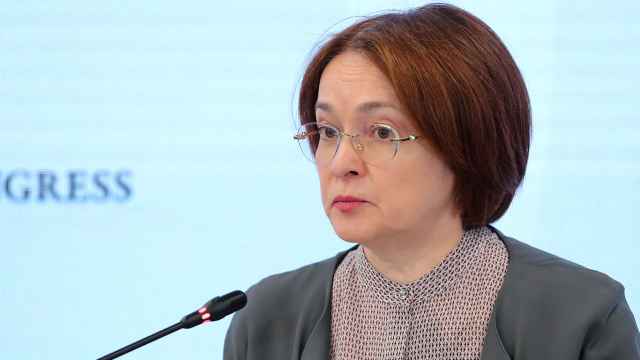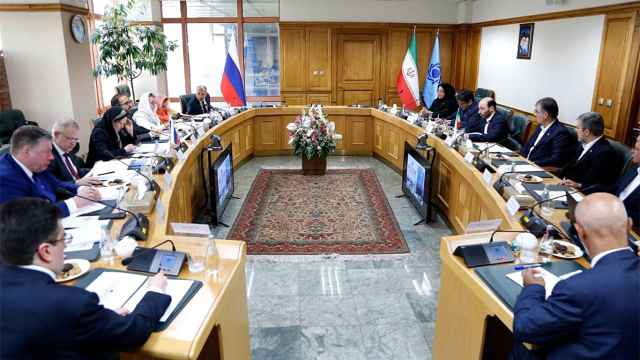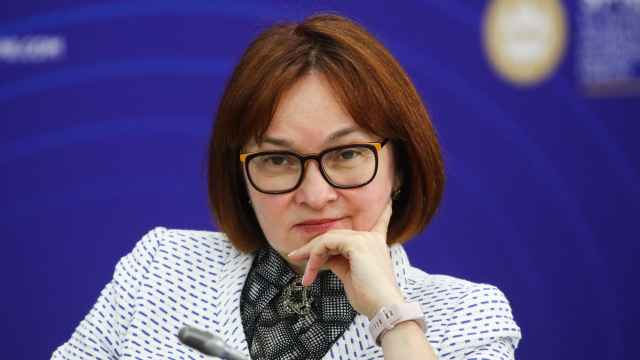Russia’s Central Bank took a breather Friday from successive rounds of interest rate cuts after a surprise jump in inflation over the summer and a recent fall in the ruble.
But Governor Elvira Nabiullina said further rate cuts were likely before the end of the year as the pace of economic recovery appeared to be slowing.
Russia’s interest rate is currently at its lowest-ever level of 4.25% after the Central Bank has slashed two percentage points from it so far this year in a bid to get the Russian economy firing as it emerges from the coronavirus pandemic.
An unexpected jump in inflation to 3.6% in August and the renewed possibility of fresh sanctions against Russia following the poisoning of leading Kremlin critic Alexei Navalny prompted the Bank’s rate-setters to hold back from further monetary easing at this stage.
The Russian ruble has lost 8% against the U.S. dollar in the last three months and is down more than 20% since the start of the year. The latest lurch lower downward came immediately after German doctors confirmed Navalny had been poisoned by nerve agent Novichok, news which sent the ruble to a four-year low against the euro.
Friday marked the first time since the start of the pandemic that the Central Bank opted not to cut rates.
In a press conference Friday afternoon, Nabiullina cited a “volatile” international climate as behind the Bank’s decision. She pointed to “rising concerns about the pace and sustainability of the recovery in the global economy, especially considering that in recent weeks the pandemic situation has worsened to a certain extent in a number of countries.”
She also added that “geopolitical risks have intensified” — a coded reference to sanctions fears and a possible hardening of anti-Russia rhetoric abroad or new measures in the run-up to or aftermath of the U.S. election.
The ruble fell slightly after the decision — which was widely expected by markets — was announced, down 0.6% against the U.S. dollar to 75.6.
The Bank also expressed concerns about the nature of the economic recovery in Russia, which was progressing “unevenly.” Although it now expects Russia’s economy will contract by less than 5% this year, Nabiullina highlighted that the services sector was significantly lagging the rest of the economy — a result of “post-quarantine restrictions and consumer cautiousness.”
Maxim Petronevich, a senior economist at Otkritiye Bank, said that falling interest rates for Russian savers likely also played a role in the Bank’s decision. Deposit rates have fallen significantly following previous cuts from the Central Bank and the recent uptick in inflation could have pushed many close to negative territory in real terms — when the rate of inflation is higher than interest paid, meaning the real value of deposits decreases.
That dynamic has encouraged record numbers of Russian households to look at alternative financial products including the stock market, which has seen an explosion of retail investment accounts amid falling interest rates, light regulation and the expansion of cheap mobile brokerage platforms.
A Message from The Moscow Times:
Dear readers,
We are facing unprecedented challenges. Russia's Prosecutor General's Office has designated The Moscow Times as an "undesirable" organization, criminalizing our work and putting our staff at risk of prosecution. This follows our earlier unjust labeling as a "foreign agent."
These actions are direct attempts to silence independent journalism in Russia. The authorities claim our work "discredits the decisions of the Russian leadership." We see things differently: we strive to provide accurate, unbiased reporting on Russia.
We, the journalists of The Moscow Times, refuse to be silenced. But to continue our work, we need your help.
Your support, no matter how small, makes a world of difference. If you can, please support us monthly starting from just $2. It's quick to set up, and every contribution makes a significant impact.
By supporting The Moscow Times, you're defending open, independent journalism in the face of repression. Thank you for standing with us.
Remind me later.


